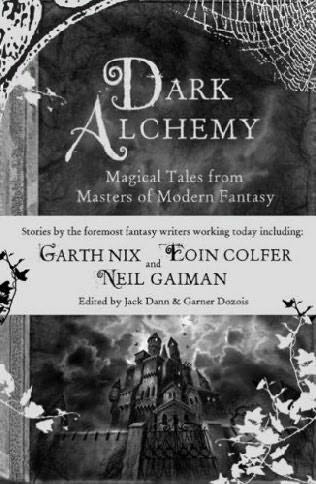
Credit to image source: britannica.comSalah satu azam saya tahun ini adalah untuk menulis lebih banyak ulasan buku, biar pun pendek.
Bulan Januari sedikit sibuk (alasan!), saya Cuma sempat menghabiskan sebuah buku bertajuk Obama: From Promise to Power, yang ditulis oleh David Mendell, seorang wartawan yang telah mengikuti perkembangan Obama semenjak dia mula berjinak-jinak dalam dunia politik di Chicago. Saya juga seperti ramai orang lain di seluruh dunia, tertarik dengan karisma Obama, dan mengikuti (sedikit-sedikit) pilihanraya yang menyaksikan dia dipilih sebagai Presiden Amerika Syarikat pada tahun 2008. Dia, seperti lain daripada yang lain. Saya yang tidak pernah berminat mengikuti politik nagara Amerika pun jadi berminat untuk mengambil tahu lebih sedikit.
Pada asalnya, saya ingin mencari buku-buku tulisannya sendiri, The Dreams of My Father dan The Audacity of Hope. Tetapi apabila berpeluang meminjam naskhah buku ini daripada seorang rakan, saya rasa bagus juga membaca ulasan pihak ketiga (yang sepatutnya bebas dan tidak ‘biased’). Bab-bab awal meliputi latar belakang hidup Obama, daripada keluarganya yang berbilang kaum hingga ke pengajiannya di Harvard dan penglibatannya sebagai aktivis masyarakat di Chicago. Seterusnya, David Mendell menceritakan dengan lebih terperinci apabila Obama mula terlibat dalam dunia politik, bermula dengan sebuah pilihanraya tempatan. Obama kalah, tetapi banyak belajar daripada pengalamannya itu. Dia menang pilihanraya keduanya, menjadi seorang wakil tempatan di Illinois. Dia melangkah lebih jauh apabila memenangi pilihanraya menjadi Senator US pada tahun 2004. Buku ini ditamatkan (dan diterbitkan) sejurus selepas Obama mengumumkan bahawa dia akan bertanding sebagai calon Presiden Amerika Syarikat.
Secara keseluruhannya, saya berpendapat bahawa penulis seimbang dalam memberikan gambaran tentang karakter Obama. Kedua-dua aspek positif dan negatif disentuh dengan jujur. Penulis juga banyak menceritakan pengorbanan dan sisi kurang menyenangkan yang terpaksa dihadapi Obama setelah nekad membuat keputusan menjadi ahli politik, spesifiknya kekurangan waktu untuk diri dan keluarga (privacy) dan tekanan, terutama kerana Obama menjadi begitu popular melebihi selebriti. Membaca buku itu, saya juga dikenalkan kepada budaya berpolitik di Amerika, yang sebelum ini begitu asing bagi saya. Barulah saya tahu bagaimana kompleknya dunia politik. Bermula dengan mencari sokongan politik dan kewangan dan peranan staf-staf kempen yang diupah, bacaan daripada satu buku sekadar membenarkan saya ‘mengintai’ dengan singkat. Yang pastinya, realiti sebenar pasti jauh lebih kompleks dan sukar difahami.
Read more...









